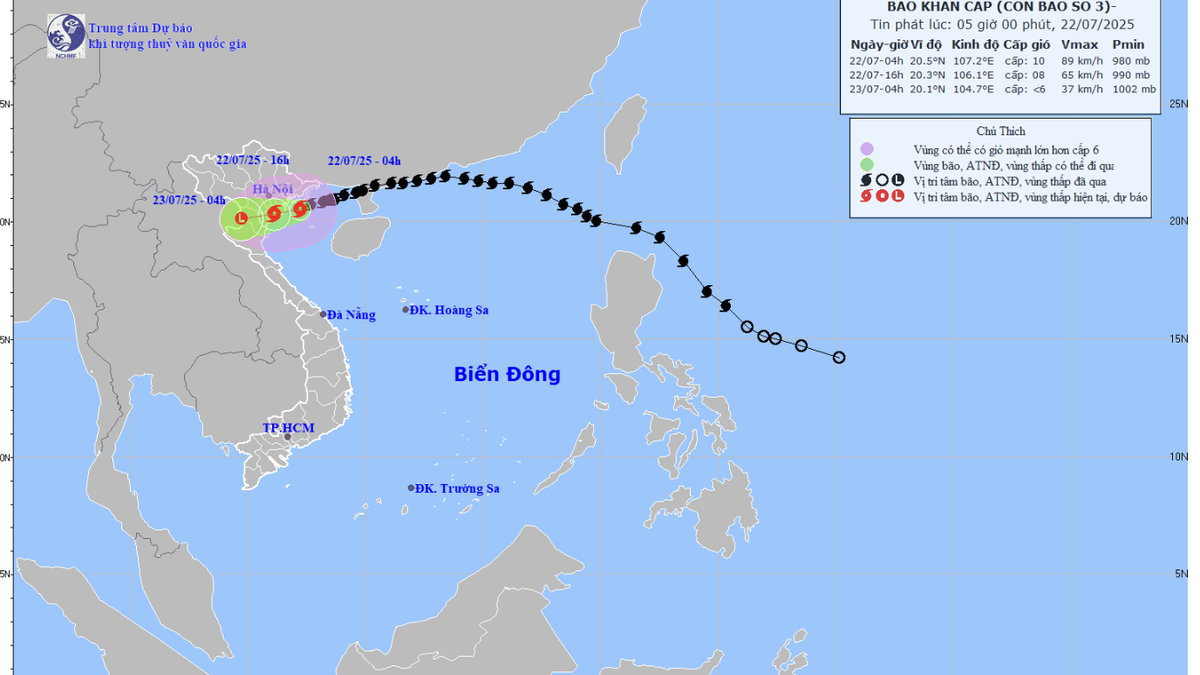According to The Wall Street Journal, one day in early 2023, Ms. Rutendo Manyowa used a $5 bill to pay for a $3.50 bill of chicken, fries, and a soft drink at a fast food restaurant in the capital Harare, Zimbabwe. But instead of returning the $1.50 in change, the cashier gave Manyowa... 3 pieces of paper printed with the name of the store and the amount of change that she could use for her next purchase.
Back in the early 2000s, the Zimbabwean government began printing money in large quantities in an effort to save its agricultural sector, which was on the brink of collapse. As a result, inflation in Zimbabwe rose steadily and at one point reached 79.6 billion percent. In 2009, Zimbabwe decided to abandon its domestic currency and switch to the US dollar. But that policy only brought stability for a few years before the Reserve Bank of Zimbabwe announced that it could no longer meet the demand for US dollars. In early 2019, the country reintroduced the Zimbabwean dollar (ZWL), but the currency immediately lost value. By March 2020, the Zimbabwean government was forced to allow foreign currencies to be used in daily transactions again.
The Wall Street Journal reported that inflation in Zimbabwe reached 230% in January 2023, and although the ZWL is still the official currency in Zimbabwe, most businesses require people to pay in US dollars. However, Zimbabwe's foreign currency resources are not enough to meet demand. The $1 bill, which is the most widely used in the country, has also become extremely scarce. Manyowa, a 23-year-old student, said she once had to wait 15 minutes at a fried chicken shop to get her $1 change after another customer paid with the bill.
Due to the lack of small change, businesses, shops and restaurants have come up with many ways to give customers change. One of the popular methods is to print their own bills, or more precisely, pieces of paper, sometimes handwritten. Customers can use these homemade bills for their next purchases.
Some stores even return customers their change in kind, such as a juice box, a pen, or a slice of cheese. Customers sometimes complain that the value of these items is not worth the money they have left, but they reluctantly accept it.
Also because of the lack of change to give back to customers, many small stores record the names of customers they owe money to in a book to deduct from the next purchase. Customers often use their phones to record and take pictures of each purchase in this way as evidence in case the store owner forgets. Some larger companies and brands have launched applications to help customers receive change via smart phones.
Or Allen Mutonga, a barber in the capital Harare, has created a “currency union” with a small grocery store next door to make payments easier. If a customer doesn’t have the right notes to pay for a haircut, Mutonga will give them a handwritten note, which the customer can take to the grocery store next door to get their change or buy something else.
Warren Meares, CEO of Simbisa Brands, owner of Chicken Inn and other fast food chains, said that Zimbabwe's currency problems forced businesses to find such unusual payment methods.
Although these forms of payment are extremely inconvenient and do not always satisfy both buyers and sellers, in the current situation, they have no other choice. Small change is currently considered as “as precious as gold” in Zimbabwe!
CHAU ANH
Source

























![[Photo] National Assembly Chairman Tran Thanh Man visits Vietnamese Heroic Mother Ta Thi Tran](https://vphoto.vietnam.vn/thumb/1200x675/vietnam/resource/IMAGE/2025/7/20/765c0bd057dd44ad83ab89fe0255b783)













































































Comment (0)